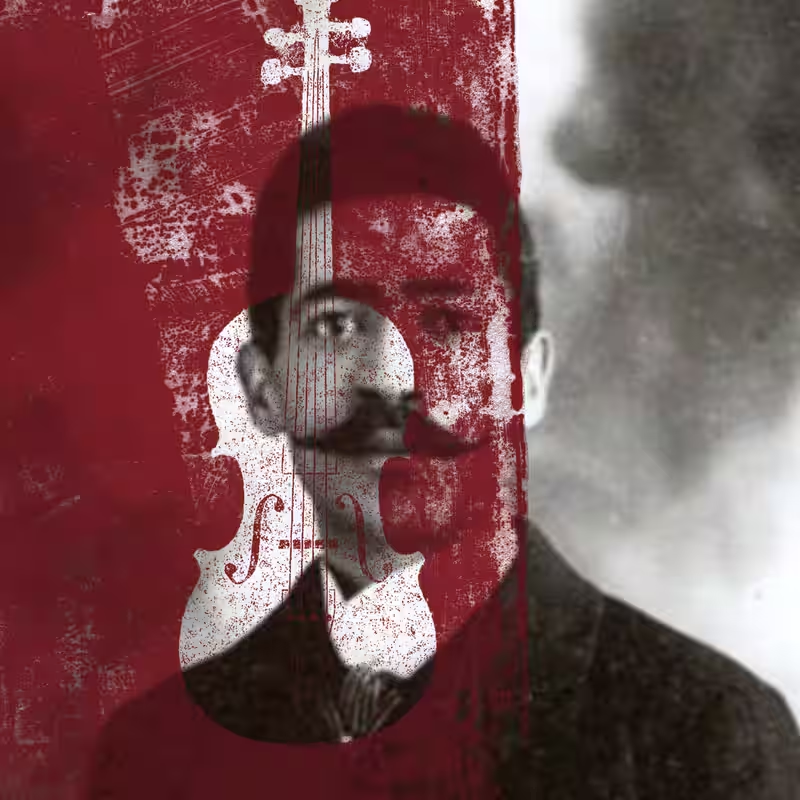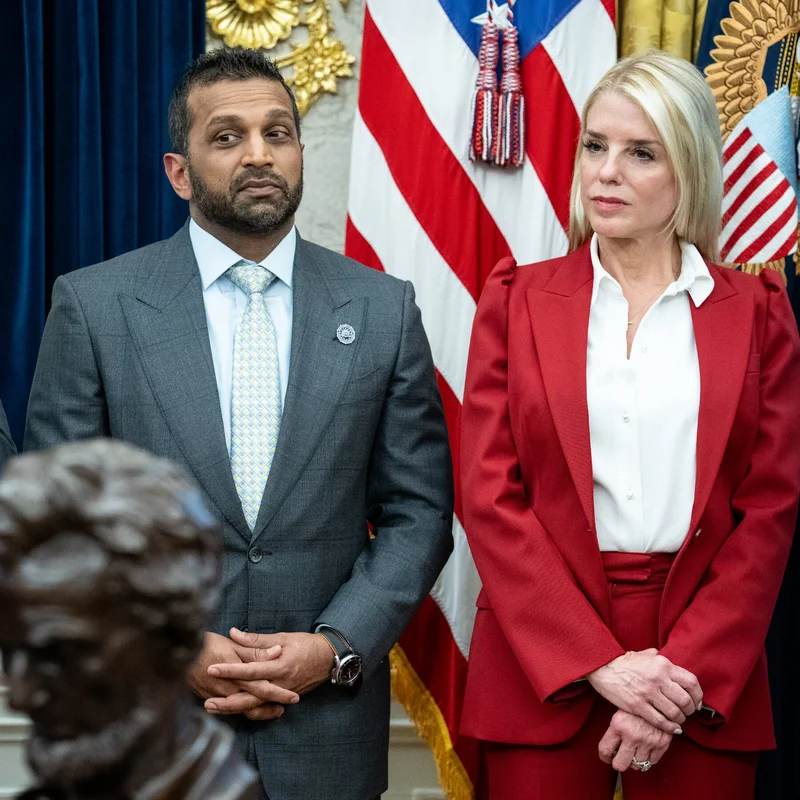Table of Contents
- Forgotten Pioneers of American Music
- Will Marion Cook: From Violinist to Visionary
- ‘Shuffle Along’: The Jazz Musical That Changed Broadway
- A Preservation Crisis No One’s Talking About
- Who Owns Black Musical History?
- Sources
Forgotten Pioneers of American Music
When you think of American musical innovation, names like Gershwin, Ellington, or Arlen might come to mind. But behind them stood trailblazers whose contributions have faded into obscurity—despite shaping the very sound of modern Broadway and jazz. Among them: Will Marion Cook and the creators of Shuffle Along.
Will Marion Cook: From Violinist to Visionary
Born in 1869 in Washington, D.C., Will Marion Cook was a prodigy trained at Oberlin and mentored by none other than Antonín Dvořák. After a legendary Carnegie Hall performance in 1893, a critic called him “the world’s greatest Negro violinist.” Enraged by the racial qualifier, Cook reportedly smashed his violin and declared, “I am the greatest violinist in the world!”
He never played violin seriously again—but his musical journey was just beginning.
Cook pivoted to musical theater, infusing Broadway with syncopation, gospel harmonies, and blue notes drawn from Black spirituals and folk traditions. His 1898 show Clorindy, or the Origin of the Cakewalk, co-written with poet Paul Laurence Dunbar, stunned audiences with its energy and originality. James Weldon Johnson called its choruses “breathtaking”—a new sound that redefined American theater.
Cook’s Legacy Beyond the Stage
- Founded the all-Black Clef Club Orchestra, which once featured 145 musicians—including 47 mandolins and 10 pianos.
- Mentored legends like Duke Ellington and Eubie Blake.
- Inspired Harold Arlen to write “Get Happy” during a 1929 rehearsal.
Yet Cook died feeling like a failure. In a haunting letter, he wrote: “Too much praise and too easily earned money kept me for 35 years from becoming a master. Now it is too late.”
‘Shuffle Along’: The Jazz Musical That Changed Broadway
In 1921, Shuffle Along—created by Eubie Blake and Noble Sissle—exploded onto Broadway with infectious jazz rhythms and hits like “I’m Just Wild About Harry.” Though its plot was thin, its music was revolutionary.
George Gershwin’s style shifted dramatically after hearing it, adopting bluesy inflections that would define his later work. Overnight, “Black Broadway” became just Broadway.
The Sound That Almost Vanished
Despite its impact, the original orchestration of Shuffle Along was never recorded. Only recently did conductor Rick Benjamin uncover the original sheet music in an archive and record a sample in 2012. But funding to restore the full score? Still missing.
A Preservation Crisis No One’s Talking About
Why does this matter? Because Cook, Blake, Sissle, and arranger Will Vodery (who shaped the choral power of Show Boat) laid the foundation for American popular music—and their work is at risk of being lost.
There’s no definitive biography of Cook based on deep archival research. The full Shuffle Along score remains unperformed. And while a 2016 Broadway revival by George C. Wolfe honored the show, it updated the music for modern ears—erasing the raw, revolutionary sound of 1921.
Who Owns Black Musical History?
At a recent symposium at Susquehanna University, scholar John McWhorter noted a striking pattern: most researchers rescuing this history are white men. Initially troubled, he came to see their work as vital preservation—not appropriation.
“They weren’t consigning our history to the dustbin,” he wrote. “They were rescuing it for all posterity.”
Still, voices like Caseen Gaines—author of a key book on Shuffle Along—show that Black scholars are reclaiming this narrative. The challenge now is support: funding, publishing, and public interest.




